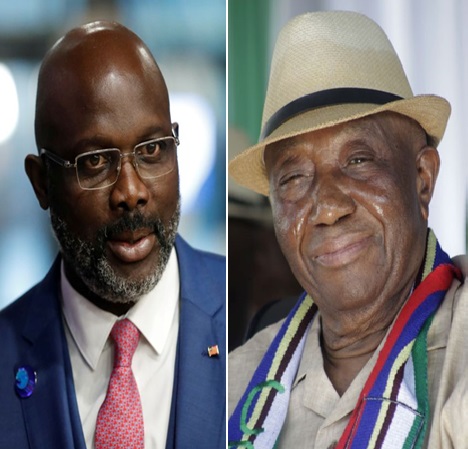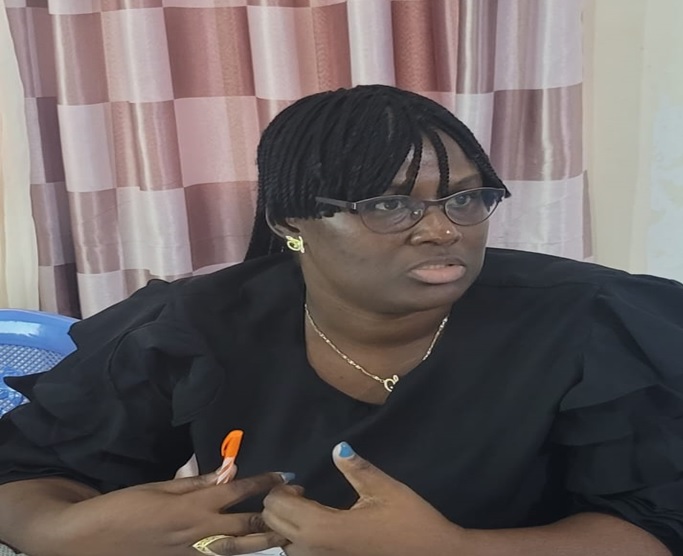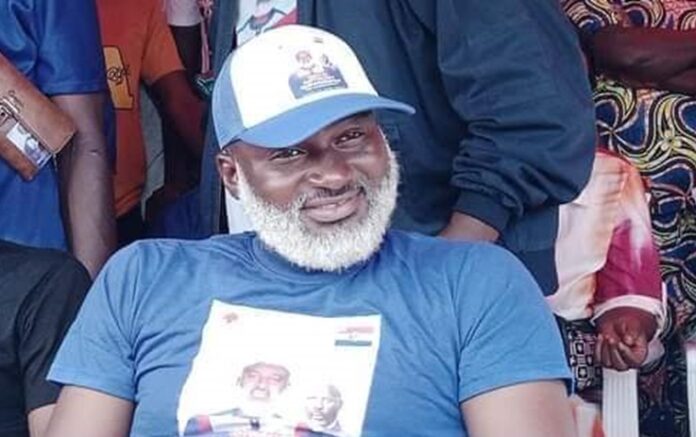MONROVIA – Liberia is gearing up for a decisive second-round presidential runoff as the ruling Coalition for Democratic Change (CDC), led by incumbent President George Weah, goes head-to-head with the main opposition Unity Party, led by Joseph Boakai.
Following the first round of voting, where none of the parties secured the required 50% plus one majority, the stage is set for a closely contested election to determine the country’s next leader.
The initial round of voting showcased a highly competitive political landscape, with a diverse range of candidates vying for the presidency. However, both the CDC and the Unity Party emerged as the leading contenders, with Weah and Boakai respectively securing the highest number of votes. As per the constitutional of Liberia, a second round of balloting is required when no candidate achieves an outright majority.
With the country’s future at stake, the presidential runoff has sparked widespread anticipation and intense campaigning.
President George Weah, a former international football star, is seeking re-election as he aims to continue his administration’s efforts to foster economic growth, improve infrastructure, and advance social welfare programs. Weah’s CDC has emphasized its commitment to empowering the youth, reducing unemployment, and attracting foreign investments to drive development.
On the other hand, Joseph Boakai, a seasoned politician and former Vice President, leads the Unity Party’s charge to reclaim the presidency. Boakai’s campaign has focused on addressing issues such as corruption, enhancing education and healthcare systems, and promoting national unity and reconciliation. The Unity Party aims to offer an alternative vision for Liberia’s progress and promises to prioritize good governance and inclusive policies.
As the campaign intensifies, both parties are working tirelessly to secure the support of undecided voters, engage with rural communities, and convey their respective visions for the nation’s future. The outcome of the second round of balloting will be determined by the candidate who garners the highest number of votes, regardless of whether they achieve an absolute majority.
The National Elections Commission (NEC) has been closely monitoring the electoral process to ensure transparency, fairness, and adherence to democratic principles. The NEC has implemented strict measures to guarantee the integrity of the electoral system, including voter registration verification, observer missions, and robust security arrangements.
Liberian citizens, both within the country and abroad, eagerly await the day of the runoff election, which is scheduled to take place on [insert date]. The electoral process is expected to be peaceful, reflecting Liberia’s commitment to democratic values and the rule of law.







